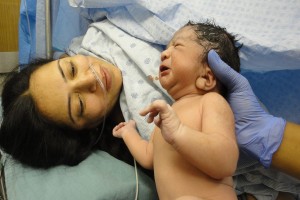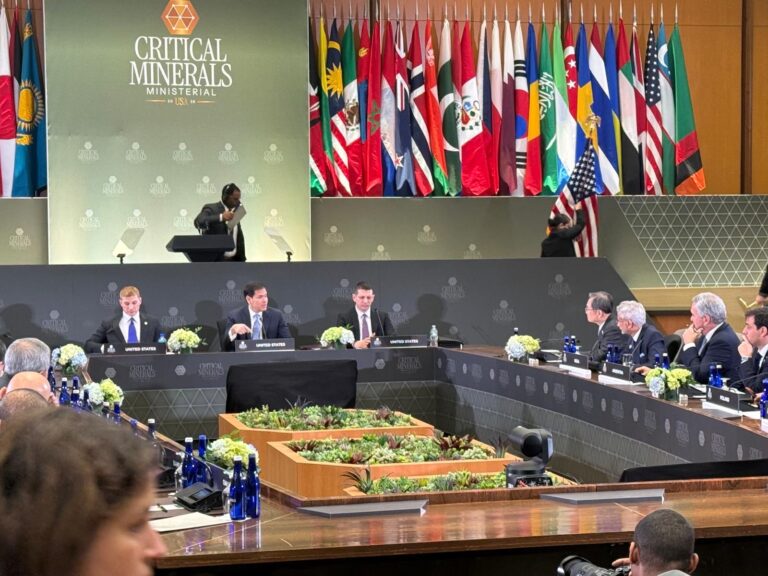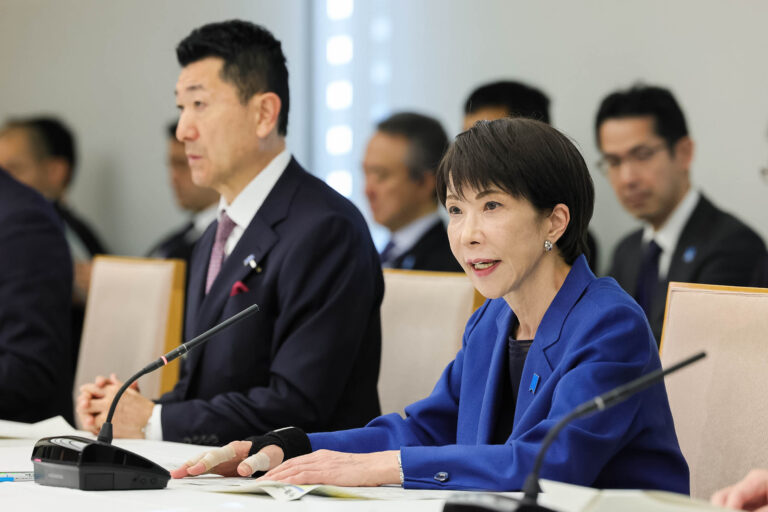
World Patient Safety Day – September 17
Geneva: Every day, approximately 800 women and 6,700 babies lose their lives around the time of childbirth. In addition, nearly 5,400 babies are stillborn daily, with 40% of these deaths occurring in relation to labour and childbirth. Most stillbirths, maternal and newborn deaths and harm are avoidable through the provision of safe, respectful and quality care during pregnancy, childbirth and in the first days of life.
Despite the progress made in reducing maternal and newborn mortality and illness since 1990, the world is far from achieving the targets laid out in the Sustainable Development Goals. The SDGs 2015-2030 prioritize maternal mortality reduction, with a global average maternal mortality target of less than 70 per 100,000 live births and a supplementary national target that no country should have an MMR greater than 140 per 100,000 live births by 2030.
A major reason for not achieving this target is a failure to address unsafe and poor-quality care.
On the occasion of World Patient Safety Day today, the World Health Organization called on healthcare facility managers, leaders and health workers around the world to adopt a set of 5 World Patient Safety Day Goals 2021 to improve maternal and newborn safety at the points of care, particularly around childbirth.
The goals were launched today at a Virtual Global Conference “Together for safe and respectful maternal and newborn care” with this year’s World Patient Safety Day theme – Safe maternal and newborn care.
The 5 World Patient Safety Day Goals 2021 aim to improve maternal and newborn safety at the point of care and to accelerate action towards the Sustainable Development Goals (SDGs) of reducing maternal mortality and ending avoidable deaths of newborns by 2030, WHO stated.
The goals are to:
- Reduce unnecessary and harmful practices to women and newborns during childbirth
- Strengthen capacity of and support to health workers for safe maternal and newborn care
- Promote respectful care for safe childbirth
- Improve safe use of medication and blood transfusion during childbirth
- Report and analyze safety incidents in childbirth.
WHO urged health care facility leaders, managers and health workers to sign up to these goals on an online platform recently created by WHO.
It may be mentioned that the World Patient Safety Day, established by the World Health Assembly in 2019, aims to increase public awareness and engagement, enhance global understanding, and work towards global solidarity and action by countries and partners to promote safety in health care.
This year’s theme highlights the need to prevent the harm to women and babies that occurs due to unsafe maternal and newborn care during pregnancy, delivery and the first few days of life – a burden that has been compounded by the disruption of health services due to COVID-19.
Unsafe care includes issues such as delayed and incorrect diagnosis; patient misidentification; medication errors; anesthesia and surgical errors; unsafe transfusion and injection practices; lack of infection control practices; unnecessary interventions and mistreatment.
Ensuring patient safety is fundamental to strengthening quality health care systems and achieving universal health coverage. At the same time, it is crucial to engage pregnant women, partners and families, and build sufficient and competent health workforces that are supported by adequate resources, safety culture and safe working environments, WHO stated.
WHO leads and provides global direction on patient safety through the Global Patient Safety Action Plan 2021-2030, which was adopted by the World Health Assembly in May 2021. The plan provides strategic direction for all stakeholders to eliminate avoidable harm in health care including in maternal and newborn care.
A network for improving quality of care for maternal, newborn and child health was established by WHO with a number of governments, implementation partners and funding agencies working together to ensure that every pregnant woman, newborn and child receives safe and quality care with equity and dignity.
– global bihari bureau





